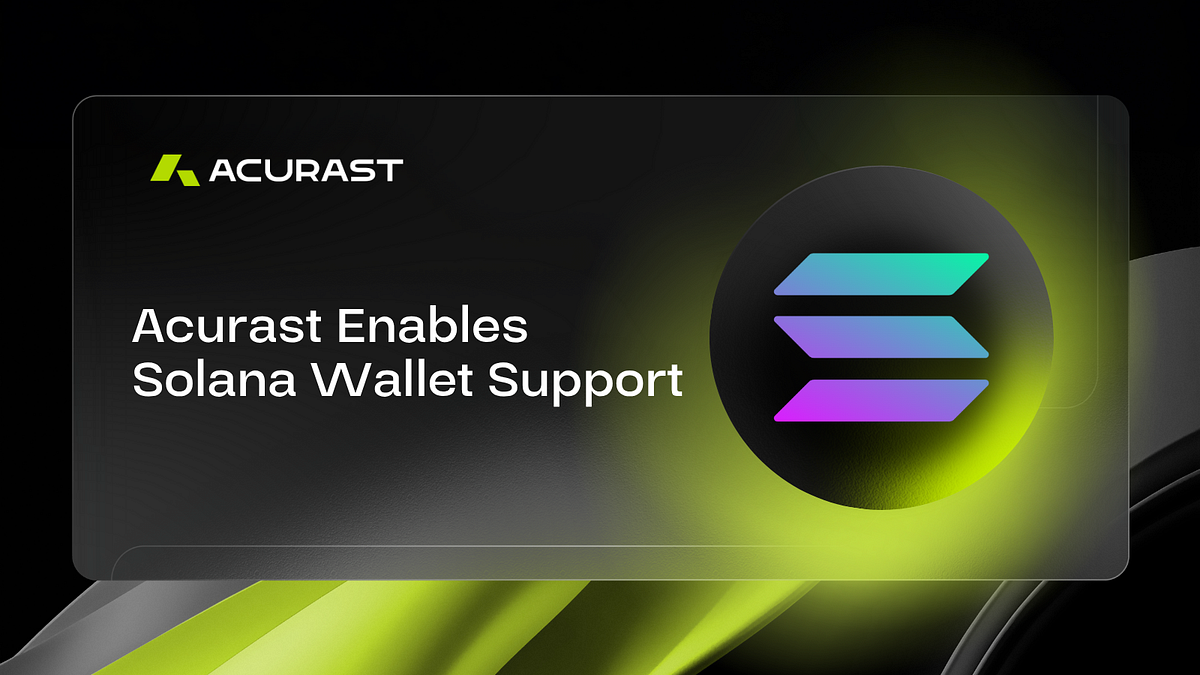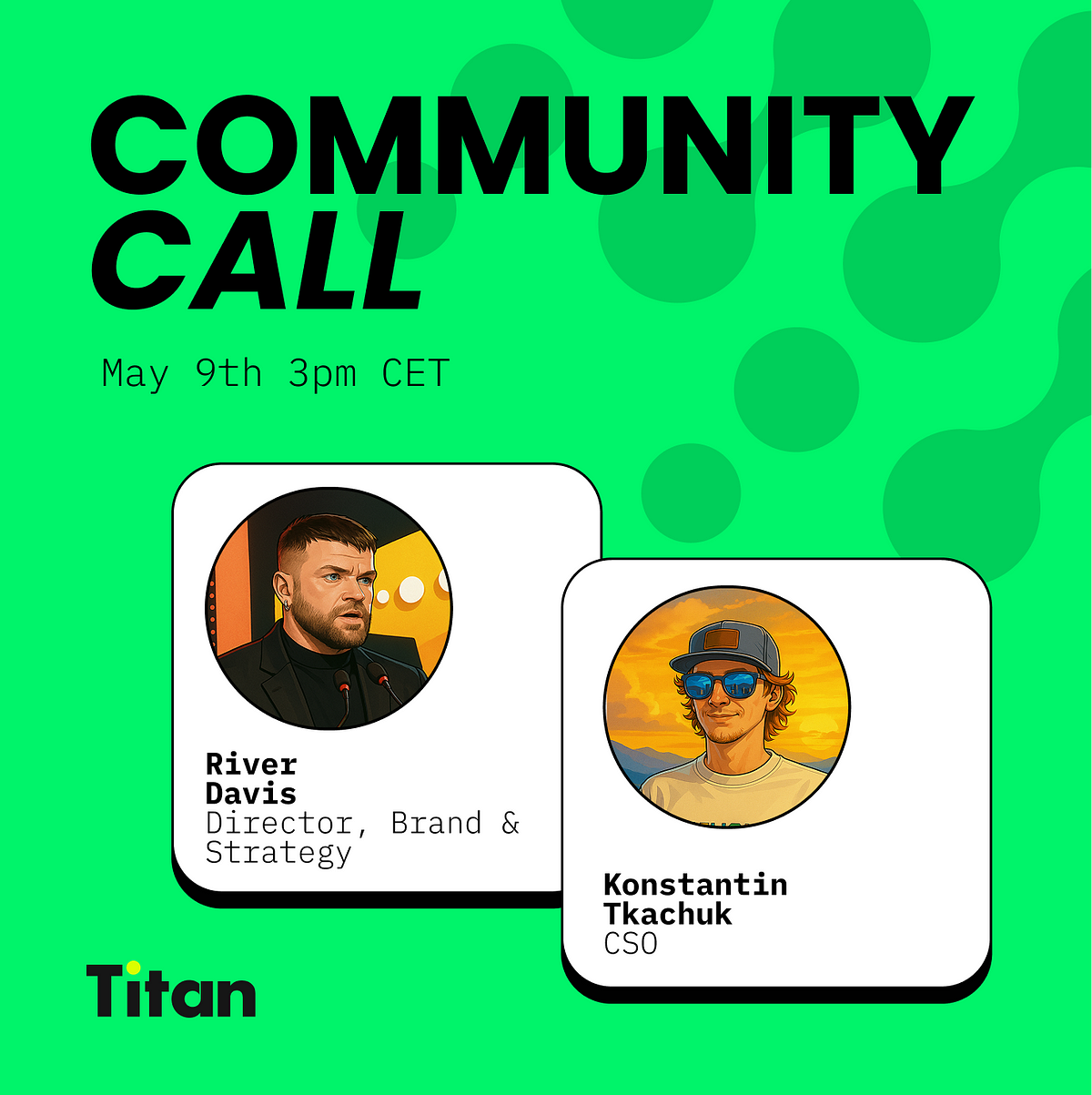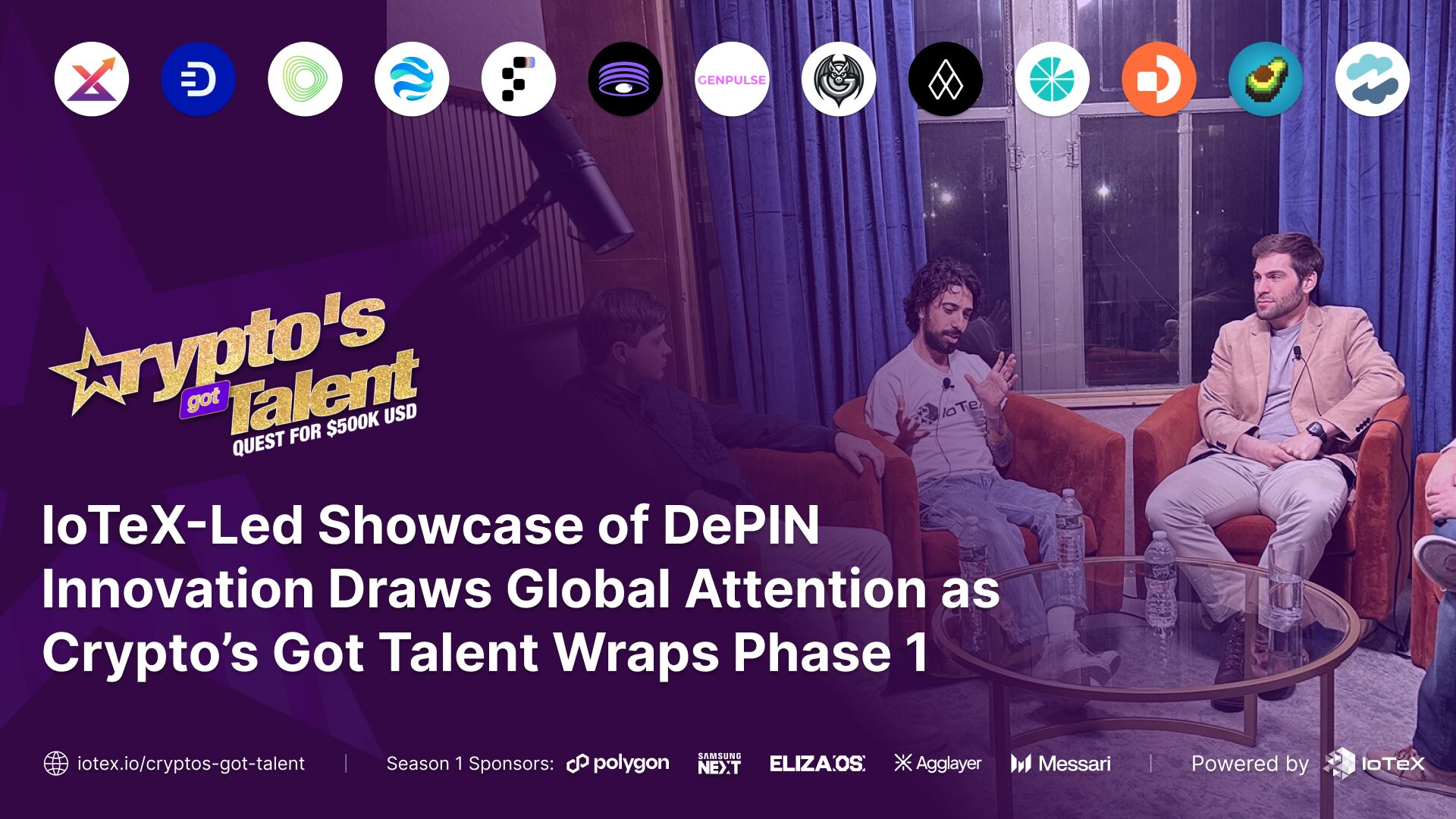The Impact of Upbit Listing Success Rate and UDC Conference Overview

The Impact of Upbit Listing Success Rate and UDC Conference Overview
Recently, with the market gaining strength, the wealth effect of new listings on Upbit has become more prominent. Tokens like AGLD saw a staggering 150% increase on the first day, while DRIFT surged by 190%. Tokens like SAFE, CARV, and PEPE also experienced a 100% increase. The Formula team made a fortune through news trading, showcasing the potential for wealth creation on Upbit. How can we seize the wealth wave of new listings on Upbit? The UDC conference serves as a barometer for Upbit listings. The listing success rate from 2018 to 2023 stands at 76%. On November 14th, the UDC conference was held as scheduled, offering a glimpse into the participating projects. UDC, organized by Dunamu since 2018, is a representative blockchain conference in South Korea aimed at promoting industry development, ecosystem growth, and adoption. This year’s theme, ‘Blockchain: Driving Real-World Change,’ delves into how blockchain is expanding into various industries and bringing about real-world transformations. According to Layerggofficial data, from 2018 to 2023, approximately 66 projects participated in UDC, with 37 projects already listed on KRW Fair before UDC. Among the remaining 29 projects, 13 were listed in KRW form after UDC (44.8%). The significance of the UDC conference and the wealth effect on Upbit stem from various factors.
UDC’s Importance and Upbit’s Wealth Effect
Upbit, as South Korea’s largest exchange, holds a leading position in the Korean market in terms of trading volume and user numbers, commanding around 73% of the market share. Korean investors can directly purchase cryptocurrencies using the Korean Won (KRW), leading to significant wealth effects. The convenience of deposits and substantial wealth effects have propelled cryptocurrency trading volume in Korea beyond the country’s stock market. This dynamic ensures strong buying interest for new tokens listed on Upbit. The UDC conference, organized by Dunamo, Upbit’s parent company, though slightly smaller in terms of timing and participation compared to events like KBW, holds undeniable importance. Projects like ZRO, MNT, and STG, which participated in last year’s conference, were listed on Upbit this year, indicating the enduring influence of the conference. Data source: Layerggofficial
UDC 2024 Conference Projects
The UDC conference for this year has already taken place, with projects like Axelar, Taiko, Zetachain, Mantle, and Cyber already listed on Upbit. As of the conference, there are still 11 projects yet to be listed on Upbit or to have KRW trading pairs. Projects awaiting listing include SLP, HNT, GALA, NFT, and ROSE. Projects already listed with BTC pairs but without KRW pairs include MKR, YGG, IOTX, and Cyber. Projects that have not launched tokens but participated in UDC include Linea and Magic Eden. Compliance and AI remain strong narratives in line with this year’s UDC theme. Despite Oasis Network not participating in this year’s UDC, leveraging AI narratives, ROSE saw a surge on November 5th. Additionally, South Korea’s high interest in NFTs and the gaming market suggests that Magic Eden’s token has a high probability of being listed on Upbit. Apart from the forward-looking impact of the UDC conference, another South Korean exchange, Bithumb, also has relevance to Upbit listings. Both exchanges tend to list coins in clusters based on narratives, such as introducing AI tokens simultaneously at the beginning of the year or focusing on Memecoins currently. To protect investors, Korean exchanges typically avoid small, new coins with short market history, opting for older coins with stable market capitalization and prices.
Related News





